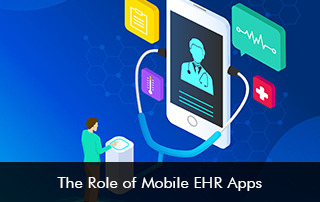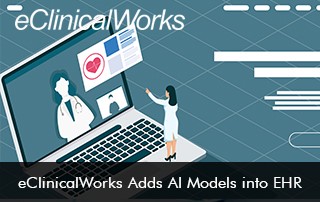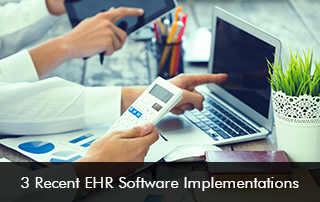Challenges and Solutions for EHR Adoption and Interoperability
Electronic Health Records (EHRs) have revolutionized the healthcare industry by enabling the digitization and integration of patient health information. However, widespread adoption of EHR systems and maintaining smooth interoperability among various healthcare providers remain significant obstacles. In this article, we will look at the problems that EHR adoption and interoperability confront, as well as various [...]











